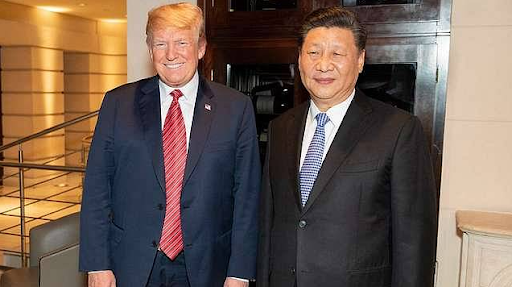The choice facing President Trump on whether to “oppose” Taiwanese independence is fundamentally a question of American credibility. The decision will reverberate far beyond the Taiwan Strait, sending a powerful message to allies and adversaries alike about the reliability of U.S. commitments and the value of its word in an increasingly turbulent world.
For decades, the United States has positioned itself as the principal guarantor of security for a network of allies, particularly democracies. This position is built on a foundation of trust—a belief that the U.S. will stand by its partners, even when it is difficult or costly to do so. A decision to trade away Taiwan’s security for a deal with China would shatter this foundation.
If the U.S. is seen as willing to sacrifice a vibrant, strategic, and democratic partner like Taiwan, other allies will inevitably begin to question their own security arrangements. Nations from the Baltic states to the Persian Gulf would be forced to wonder if their partnerships with the U.S. are also transactional and subject to revision based on the political whims of the moment.
This erosion of credibility would be a massive, self-inflicted wound to America’s global standing. It would create a vacuum of trust that strategic competitors, namely China and Russia, would be eager to fill. They would use the decision as proof of their long-standing narrative that the U.S. is an unreliable and declining power.
Therefore, the debate within the Trump administration is about more than just a single policy or a single island. It is about the very character of American foreign policy. The choice to uphold the long-standing, albeit ambiguous, commitment to Taiwan would be an affirmation of U.S. credibility, while a concession would risk squandering a currency that, once lost, is incredibly difficult to regain.

